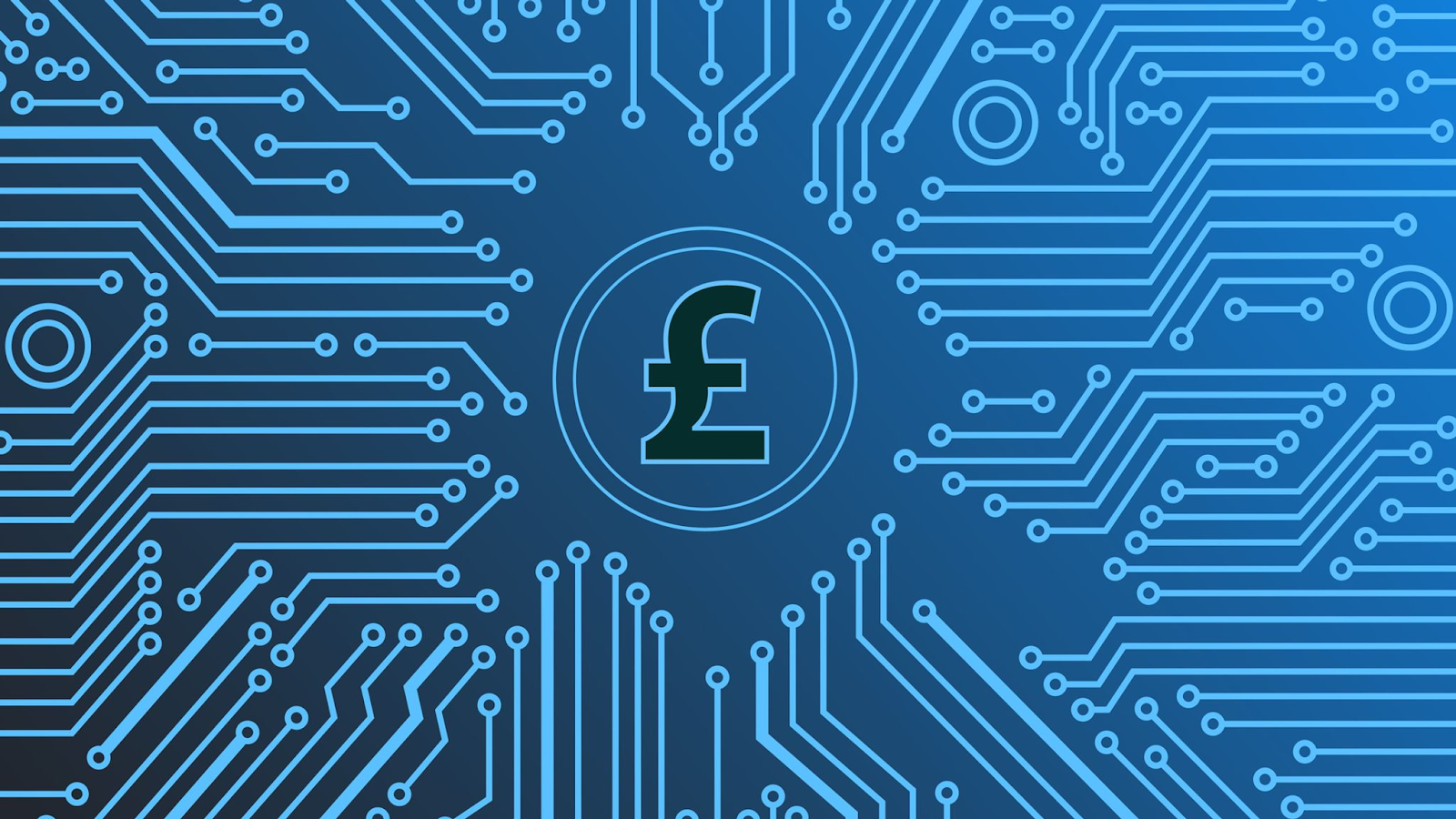British politicians are still undecided over the digital pound, affectionately dubbed “Britcoin,” following consultations with the central bank on digital currency (CBDC).
Read More: PayPal Halts UK Crypto Purchases: Navigating Regulatory Waves

The Bank of England and HM Treasury have declared their plans to launch the digital pound no earlier than 2025, assuming they move forward with the CBDC roadmap. However, since the concept of the digital pound was first proposed, the British government has seen a few leadership changes – including some officials responsible for keeping an eye on economic policy.
The aforementioned authorities have finally published their response to the central bank’s digital currency (CBDC) consultations, launched in February 2023. Their grand plan is to focus on “privacy and control.”
Brits Demand More Transparency and Privacy
Around 50,000 UK public members, business, civil society advocates, and academics have chimed in on the consultations. According to the newspapers, worries about the full implementation of such technology are related to privacy concerns.
We’d love to see the government and the Bank of England reveal much more details on this crucial matter, including a clearer roadmap and timetable for next steps for the digital pound. As the industry keeps evolving, and our members demand more certainty from regulators and lawmakers, the current lack of clarity and direction risks turning this into uncertainty and disappointment for businesses dealing with crypto-digital assets in the UK, as well as for those itching to build, invest, and grow in the industry.
Representative from CryptoUK, the self-regulatory trade association
The UK government is gently pushing the Bank of England and HM Treasury to provide greater transparency regarding potential expenses for launching CBDC. Many Brits speculate that rolling out the digital pound might turn their financial transactions into government oversight and a loss of privacy.
The Bank of England’s Response
“If the digital pound is introduced, primary legislation will be introduced and this will ensure user privacy and control,” proclaimed the Bank of England. “The bank and government will not have access to any personal data, and users will have freedom in how they spend their digital pounds.”
In a notice dated January 25th, the Bank of England declared, “no final decision has been made” on launching the digital pound. Officials promised to keep exploring the possibilities of CBDC opportunities and projects. Both establishments chimed in, saying they’re all about “safeguarding access to cash.” If they move forward on CBDC, they plan to give residents extra payment choices.
It added that the government’s on board with making it official – they’ll be passing primary legislation through votes in both houses of parliament before unleashing the digital pound. This, the bank claims, “ensures the confidentiality of both users and guarantees that neither the Bank of England nor the government will control how you spend your money.”
But the UK is not alone in working on the implementation of CBDC. Around 130 countries are currently exploring the idea of creating CBDC. A 64 countries are in the advanced reconnaissance phase, complete with developments, pilot projects, or launches. China’s digital yuan is the most advanced – they’ve got digital wallets for citizens, and in some provinces, people can receive salaries in digital yuan.
Related: The EU Takes the Fight Against Financial Crimes to Crypto Firms
What digital currency will bring to states and citizens is not yet entirely clear. Will these be confidential transactions, as the government promises, or will they have everything in plain sight?
Disclaimer: All materials on this site are for informational purposes only. None of the material should be interpreted as investment advice. Please note that despite the nature of much of the material created and hosted on this website, HODL.FM is not a financial reference resource and the opinions of authors and other contributors are their own and should not be taken as financial advice. If you require advice of this sort, HODL.FM strongly recommends contacting a qualified industry professional.



